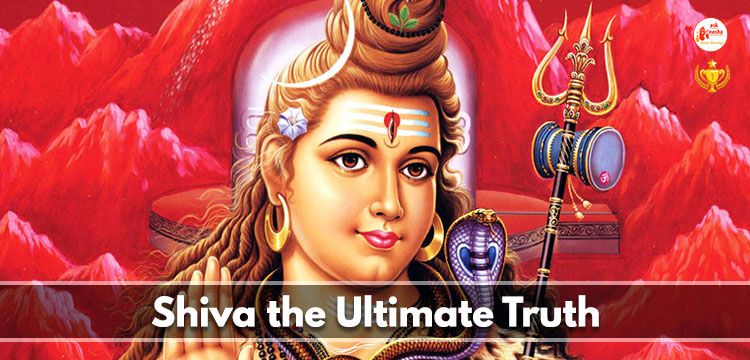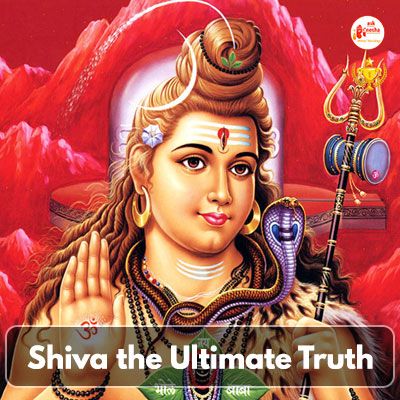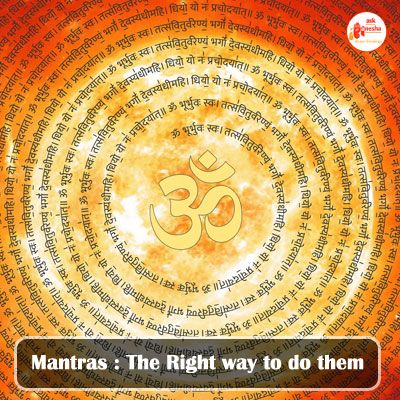Shiva the Ultimate Truth: the Destroyer, Restorer and Absolute Transformer
Shiva the ultimate truth, when we face the question we have to deal with various factors. Why is He called so? In Hinduism, Shiva is one of the major gods and is considered as one aspect of the ultimate truth or reality. He is often referred to as the destroyer or transformer, and is associated with many qualities and attributes, including meditation, asceticism, and devotion.
The concept of ultimate truth or reality in Hinduism is complex and multifaceted, and can be understood in many different ways depending on one's beliefs and practices. Generally, however, the ultimate truth is seen as the underlying essence or energy that permeates all of existence, and is the source of all creation and destruction.
Shiva, is often associated with the ultimate truth because of his role as the destroyer or transformer. In this sense, Shiva represents the power of change and transformation that is necessary for the cycle of creation and destruction to continue. Through meditation and devotion to Shiva, practitioners seek to connect with this ultimate truth and attain spiritual liberation.
It is important to note, however, that the concept of the ultimate truth or reality in Hinduism is not limited to the figure of Shiva alone. Many other deities and concepts are also considered to be expressions or aspects of the ultimate truth, and the nature of this truth is seen as infinite and multifaceted.
In Hinduism, Shiva is considered one of the three main deities, along with Brahma and Vishnu, and is often referred to as the "destroyer" or "transformer" in the Hindu trinity. He is associated with various higher qualities like purity, asceticism, and total wisdom.
For those who believe in Shiva the ultimate truth may be found through devotion and meditation, as well as the study of Hindu scriptures such as the Vedas, Upanishads, and the Shiva Purana.
However, it's important to recognize that the idea of "ultimate truth" or enlightenment can be subjective and varies depending on individual beliefs and practices. What is considered the ultimate truth for one person may not be the same for another.
What About the other Gods?
In Hinduism, there are numerous gods and goddesses that are worshipped, and each deity is believed to have a unique role and attributes. Some of the major deities include Brahma, Vishnu, Shiva, Ganesha, Devi Mata, and many others. Each deity is considered a manifestation of the ultimate reality, Brahman.
It is Brahma who is regarded as the creator of the universe. Vishnu is mentioned to be the preserver, and Shiva is regarded as the destroyer or transformer. Ganesha is there as the remover of obstacles and Devi Shakti is worshipped as the divine mother and represents feminine energy.
It's important to note that in Hinduism, though there is the belief in multiple gods, it does not mean that they worship many different deities in the same way that one might worship a single deity. Instead, each deity absolutely represents a particular aspect of the ultimate reality. Hindus may choose to worship one or more of them depending on their personal beliefs and needs. But the moment the question of Shiva the Ultimate Truth comes to us we can’t but accept the thought that yes it is true, absolutely true.
------------
When one says 'Shiva', there are two fundamental aspects that are referred. The word 'Shiva' literally means 'something which is nothing'. Science also proves that everything comes from nothing and goes back to nothing. The basis of existence and the basic quality of the cosmos is pure nothingness. The galaxies are just the small happenings . The rest is all infinite empty space, which is referred to as Shiva. So Shiva is described as a non-being, and not as a being. At another side, when we say 'Shiva', we are referring to the Adiyogi, who is the beginning of yogic science. Yoga does not really mean standing on your head or holding your breath. Yoga is the technology to know the essential nature of creation of this life and how it can be taken to its ultimate point. These both forms are the same, because a yogi is someone who has experienced the ultimate union and experienced existence as himself. Something can not hold everything. Only nothingness can hold everything. When we talk about Shiva as 'something which is nothing' and Shiva as a yogi, in a way they are same, yet they are two different aspects of cosmos. India is a mix of different culture, so we shift from one aspect to another very easily. Shiva started a systematic uncovering of yoga in a scientific manner to seven disciples known as 'saptarishis'. He explored nitty-gritties of creation and brought forward yoga as a science with which every human being can grow and evolve. Yoga is a way of moving beyond the limitations that physical laws impose upon us.























 Translate
Translate